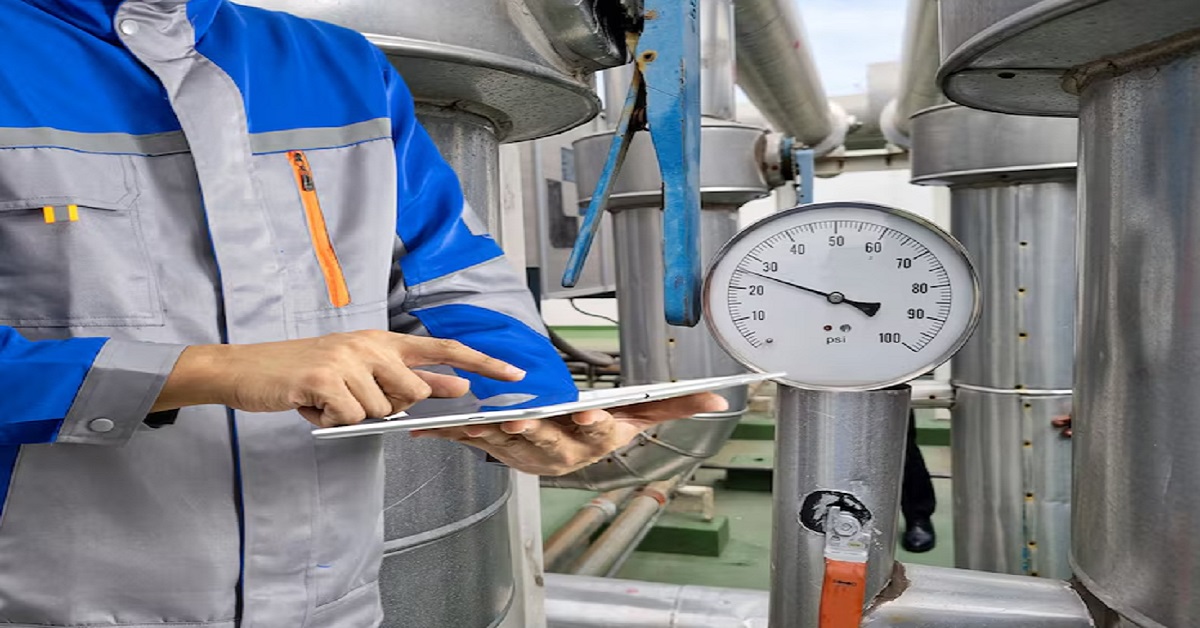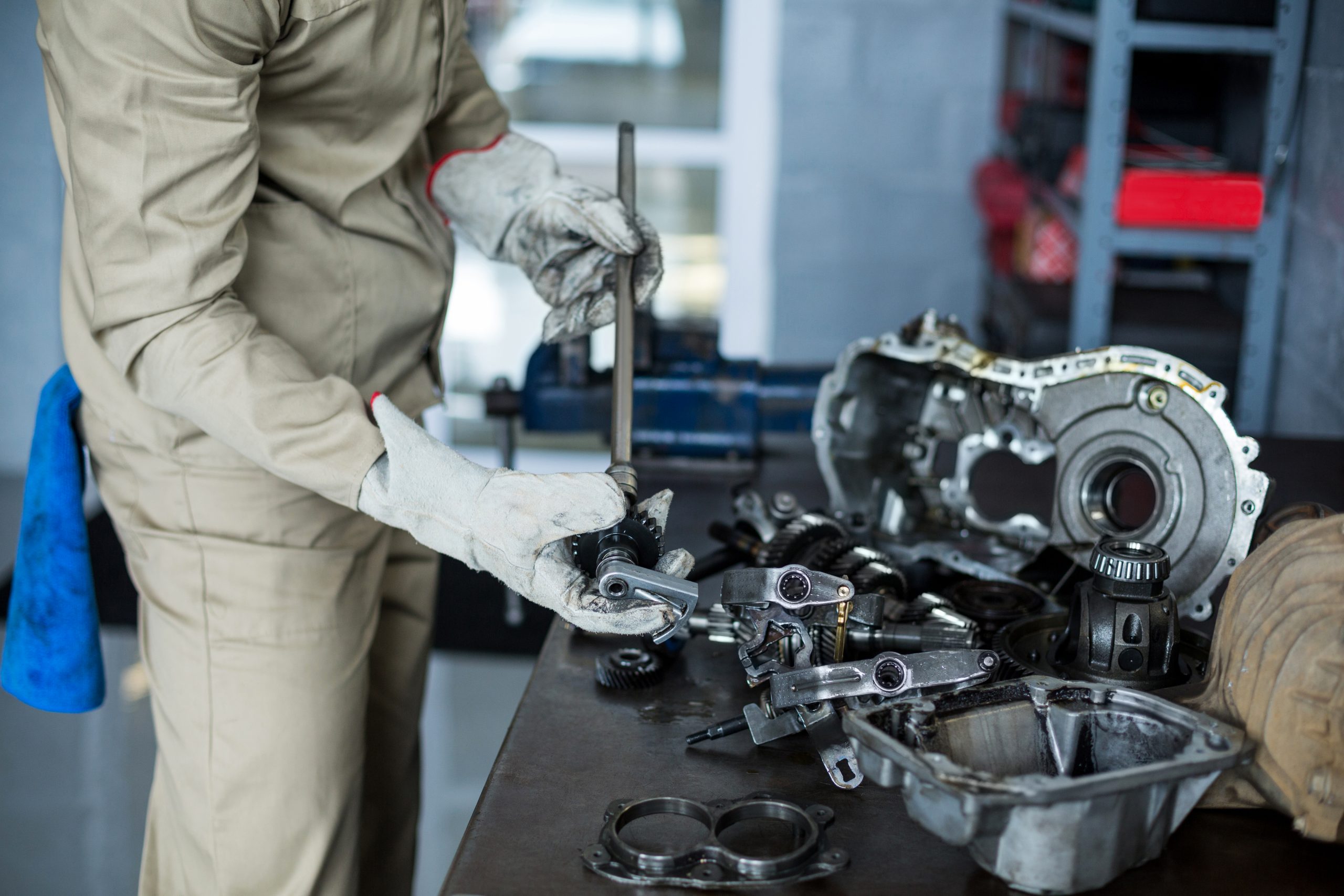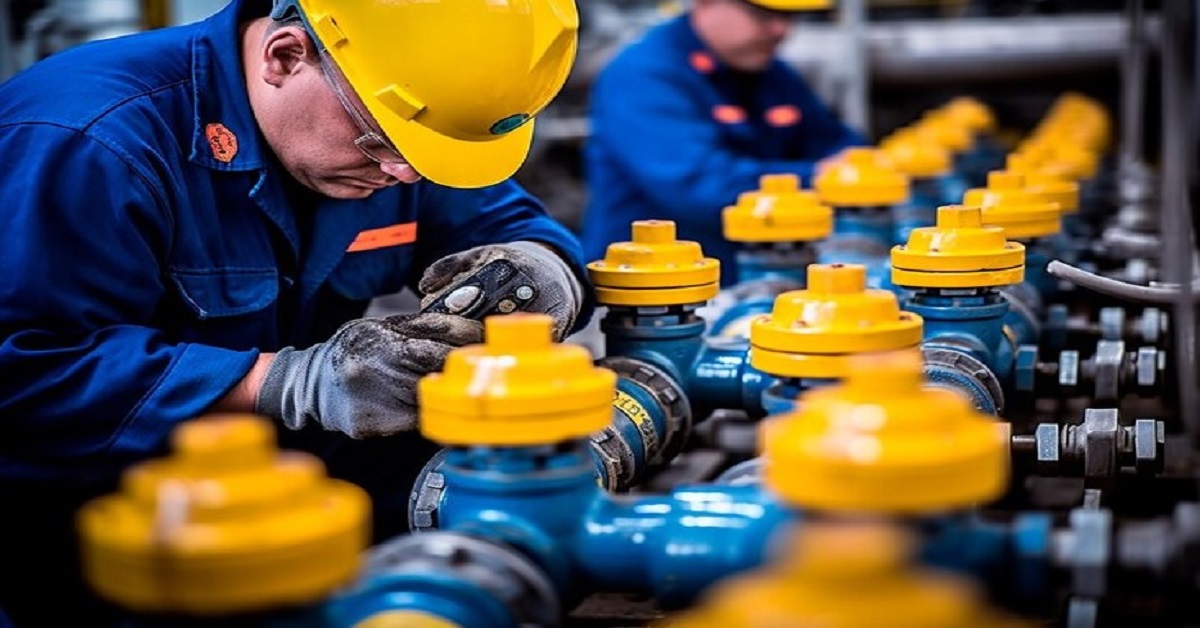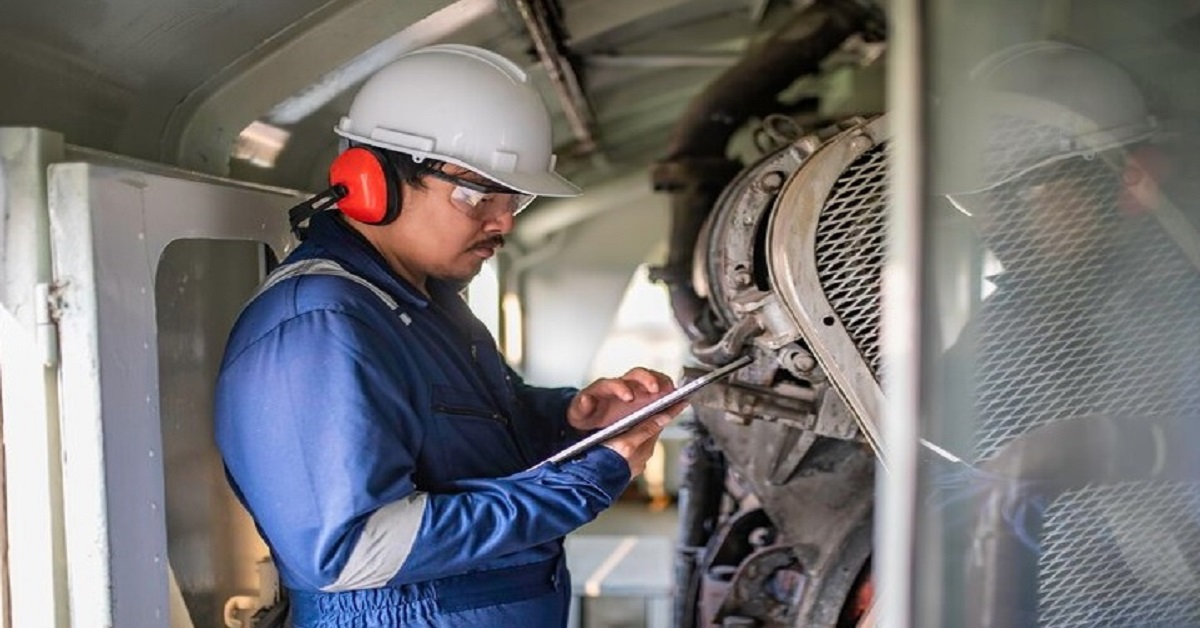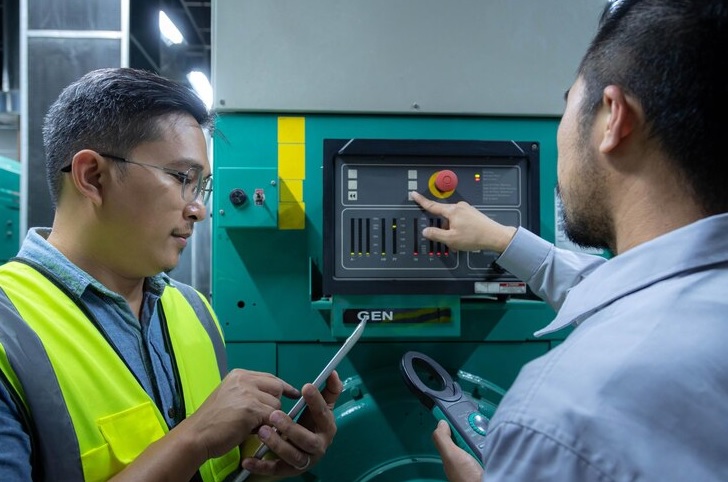Industrial temperature sensors are crucial components in a myriad of applications across different industries. These sensors play a vital role in monitoring and controlling temperature to ensure optimal performance, safety, and efficiency in various industrial processes. From manufacturing plants to food processing units, industrial temperature sensors are indispensable tools that keep operations running smoothly.
What are Industrial Temperature Sensors?
Industrial temperature sensors are devices designed to measure temperature in industrial settings. These sensors convert temperature data into signals that can be monitored and recorded. There are several types of industrial temperature sensors, including thermocouples, resistance temperature detectors (RTDs), thermistors, and infrared sensors. Each type has its own unique features and applications.
- Thermocouples: Thermocouples are among the most common types of industrial temperature sensors. They are made of two different metals joined together at one end, creating a junction where temperature is measured. Thermocouples are known for their wide temperature range and durability, making them suitable for harsh environments.
- Resistance Temperature Detectors (RTDs): RTDs are highly accurate sensors that measure temperature by correlating the resistance of the RTD element with temperature. They are typically made of platinum and are known for their stability and precision.
- Thermistors: Thermistors are temperature-sensitive resistors that change resistance with temperature changes. They are highly sensitive and are often used in applications requiring precise temperature control.
- Infrared Sensors: Infrared sensors measure temperature from a distance by detecting the infrared radiation emitted by an object. These sensors are ideal for applications where direct contact with the measured object is not possible or practical.
Applications of Industrial Temperature Sensors
Industrial temperature sensors are used in a variety of applications to ensure processes are carried out at the correct temperatures. Here are a few key industries that rely heavily on these sensors:
- Manufacturing: In manufacturing, maintaining the right temperature is crucial for producing high-quality products. Industrial temperature sensors are used to monitor and control temperatures in processes such as metal treatment, plastic molding, and chemical production.
- Food and Beverage: Temperature control is vital in the food and beverage industry to ensure food safety and quality. Industrial temperature sensors help monitor cooking, freezing, and storage temperatures, ensuring products are safe for consumption.
- Automotive: In the automotive industry, temperature sensors are used to monitor engine temperatures, exhaust gases, and climate control systems, ensuring vehicles operate efficiently and safely.
- Energy: Power plants and energy production facilities use industrial temperature sensors to monitor and control temperatures in boilers, turbines, and other critical equipment, optimizing performance and preventing failures.
Benefits of Using Industrial Temperature Sensors
The use of industrial temperature sensors offers several benefits, including:
- Improved Safety: By accurately monitoring temperatures, these sensors help prevent overheating and other dangerous conditions, enhancing safety in industrial environments.
- Increased Efficiency: Temperature sensors help maintain optimal operating conditions, leading to more efficient processes and reduced energy consumption.
- Quality Control: Consistent temperature monitoring ensures products meet quality standards, reducing waste and increasing customer satisfaction.
In conclusion, industrial temperature sensors are indispensable tools in modern industries. By providing accurate and reliable temperature measurements, these sensors help improve safety, efficiency, and quality across various applications. Whether you are in manufacturing, food processing, automotive, or energy production, understanding and utilizing industrial temperature sensors can significantly enhance your operations.
